Police SPL 7339 Gray
₨5,000.00
All eyewears are design to meet the fit and comfort requirements for a world of spectacle wearers.
By applying innovation and technology and combining this with our design skills, we aim to provide the perfect eyewear for everyone. You can easily to buy this product from www.haiop.com Online eyewear store.
You can easily buy this genuine product from www.haiop.com. Haiop serving you a quality products since 1980’s.
| Brands | |
|---|---|
| Gender | |
| Color | Gray |
| Size | 54-16-145 |
| Material | |
| Eligible | Progressive, Single Vision |
| Eyeglasses | Bifocals, Polycarbonate Glasses, Progressives, Single Vision |
| Frame size | |
| Rim Type |
Enter the details below as they appear on your prescription from your doctor.
Leave 0.00 or None If the prescription is empty.
Glasses prescription are different from contact lens prescription.
DISTANCEFor distance vision correction, because people can not see things far.
NEAR VISIONFor Near vision correction, because people can not see things very close.
BIFOCALSFor distance and near vision corrections, so people can read the book while watch TV at same time.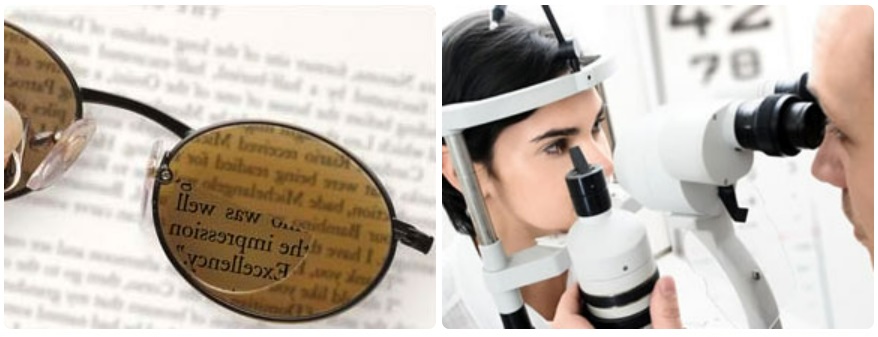
PROGRESSIVESNo-Line Bifocal. For distance and near vision corrections, so people can read the book while watch TV at same time.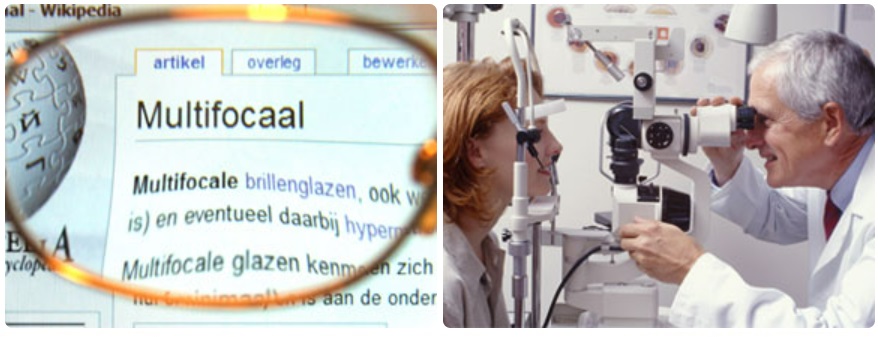
BASIC LENSBlank lenses for comestic use, because people who wear glasses are smarter and better looking. True Story.(FREE)
- SELECTED
- SELECTED
- SELECTED
- SELECTED
- SELECTED
- No prescription information necessary for non-prescription glasses -
PRESCRIPTIONDISTANCEFor distance vision correction, because people can not see things far.NEAR VISIONFor Near vision correction, because people can not see things very close.BIFOCALSFor distance and near vision corrections, so people can read the book while watch TV at same time.PROGRESSIVESNo-Line Bifocal. For distance and near vision corrections, so people can read the book while watch TV at same time.

PESCRIPTION (RX)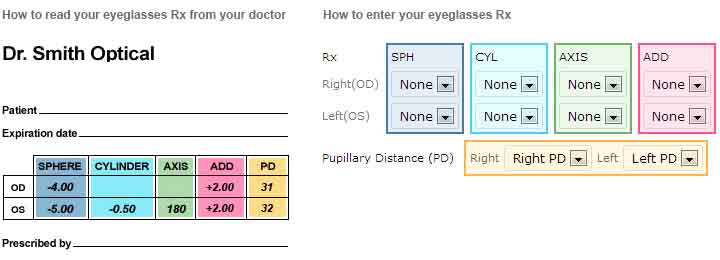
SPHERICAL (SPH)The value for SPH indicated the power of the lens measured in diopters (D) required for correcting vision. The minus sign (-) indicates the use of a concave lens to correct nearsightedness. The plus sign (+) indicates the use of a convex lens to correct farsightedness. The lens refracts light to the retina to allow the greatest visual acuity.
CYLINDER (CYL)Cylinder (CYL). This indicates the amount of lens power for astigmatism. If nothing appears in this column, either you have no astigmatism, or your astigmatism is so slight that it is not really necessary to correct it with your eyeglass lenses.The term "cylinder" means that this lens power added to correct astigmatism is not spherical, but instead is shaped so one meridian has no added curvature, and the meridian perpendicular to this "no added power" meridian contains the maximum power and lens curvature to correct astigmatism.The number in the cylinder column may be preceded with a minus sign (for the correction of nearsighted astigmatism) or a plus sign (for farsighted astigmatism). Cylinder power always follows sphere power in an eyeglass prescription.Meridians of the eye are determined by superimposing a protractor scale on the eye's front surface. The 90-degree meridian is the vertical meridian of the eye, and the 180-degree meridian is the horizontal meridian.
AXIXAxis refers to the angle of the correction for the astigmatism in the eye(if one exists) from 1 to 180.If there is an OD Axis value, there must be an OD CYL (Cylinder) value.If there is no OD Cylinder value, or if the OD Cylinder value is Zero, then the OD Axis value is Zero.The Axis value is usually written in 3 digits, which means if your Axis value is 5,it is often written as 005. This Axis value is still 5, regardless of how it is displayed.
ADDIs an abbreviation for "near vision". This may represent a single-vision lens prescription to improve near work. or the reading portion of a bifocal lens. Some prescription forms use ADD in place of "N.V" with a single box to indicate the additional refractive power to be added to the spherical of each eye.
PUPILLARY DISTANCE (PD)The PD or Pupillary Distance is the distance between the pupils of the eyes, center to center, in millimeters. Most people have a PD between 54mm and 74mm.Select your PD value from the drop down to show only frames that will work for you.Your optometrist should have given you your PD value as part of your prescription. If you received two values (such as 31/32), they will be the distances from the center of the nose to each eye. Add them together to get the single PD value (31+32=63).Sometimes you may receive two PD numbers that are off by a value of 3mm (such as 62/59). The larger value is the distance PD, which is what you will normally need for our site. The smaller value is used only for ordering reading glasses.If your most recent eye exam did not include the PD value, but a previous one did, you can use the previous value.This does not change over time (except for children, of course).While an optometrist's PD value is always recommended, you can get this measurement yourself. Have a friend or family member measure it by holding a ruler just below your eyes and measure the distance in mm from center to center.Make sure you are not looking at the person, but focusing straight ahead off in the distance, and keep your eyes steady. Take a few measurements for consistency.Do not ever try to guess your PD value, or try to measure anything on your current glasses, since there is no way to measure your PD from them.
Most people have a PD between 54mm and 74mm.Select your PD value from the drop down to show only frames that will work for you.Your optometrist should have given you your PD value as part of your prescription. If you received two values (such as 31/32), they will be the distances from the center of the nose to each eye. Add them together to get the single PD value (31+32=63).Sometimes you may receive two PD numbers that are off by a value of 3mm (such as 62/59). The larger value is the distance PD, which is what you will normally need for our site. The smaller value is used only for ordering reading glasses.If your most recent eye exam did not include the PD value, but a previous one did, you can use the previous value.This does not change over time (except for children, of course).While an optometrist's PD value is always recommended, you can get this measurement yourself. Have a friend or family member measure it by holding a ruler just below your eyes and measure the distance in mm from center to center.Make sure you are not looking at the person, but focusing straight ahead off in the distance, and keep your eyes steady. Take a few measurements for consistency.Do not ever try to guess your PD value, or try to measure anything on your current glasses, since there is no way to measure your PD from them.
PRISMPrism is a feature that is added to a lens prescription to help the eyes work together and stay in proper alignment. VERTICAL PRISMVertical Prism is used to help correct vertical eye misalignments and is prescribed in opposite directions for both eyes.HORIZONTAL PRISMHorizontal Prism is used to help correct lateral eye misalignments and is always prescribed in the same direction for both eyes.
VERTICAL PRISMVertical Prism is used to help correct vertical eye misalignments and is prescribed in opposite directions for both eyes.HORIZONTAL PRISMHorizontal Prism is used to help correct lateral eye misalignments and is always prescribed in the same direction for both eyes.
![]() Upload Prescription Photo
Upload Prescription Photo
![]()
Glasses prescription are different from contact lens prescription.
- Rx
- Right(OD)
- Left(OS)
- Sphere (SPH)
- Cylinder (CYL)
- AXIS
- Addition (near) ADD
COMPARE LENSES Note: Differences such as lens size, PD, and individual prescription values will also affect lens thickness.
Note: Differences such as lens size, PD, and individual prescription values will also affect lens thickness.
COMPARE COATING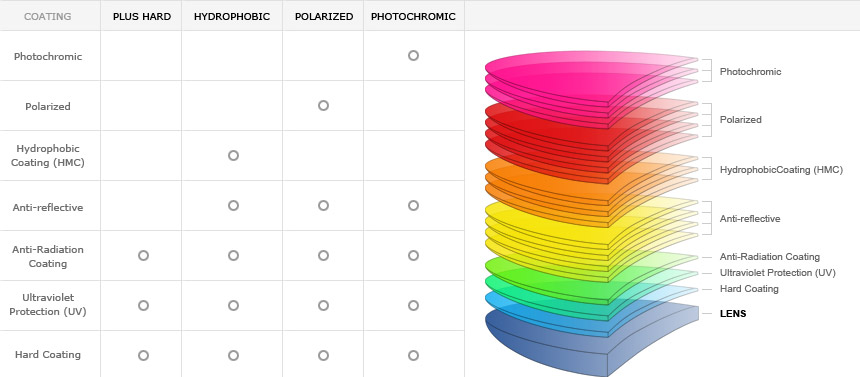
Based on the values in your prescription, we try to recommend the lens that will give you the optimum vision correction and thinness of lens. We do not recommend more expensive high index lenses if we do not think it will result in a noticeably thinner lens, though you are free to choose any lens available. The recommended lens will always be clear.
1.56 MID-INDEX LENSESFragmentation: When plastic lens breaks, it breaks into larger fragments than their glass counterparts. Furthermore, the fragmented pieces are not as sharp as glass.
Fogging: Mid Index lenses are less likely to fog-up than glass lenses because it responds more favorably to temperature changes.
Weight: Glass lenses are approximately 2X heavier than plastic lenses of similar size and shape. The lighter weight provides the wearer greater comfort.
Reflections: Mid Index lenses have much lower internal reflection and surface glare than glass materials.
Tinting: Mid index lenses are also tintable, so you can get that pair of sunglasses you have been eyeing for so long.
FDA Ball Drop Test Parameters:
1. The impact test will consist of a 5/8 inch steel ball weighing approximately 0.56 ounces
2. The ball should be dropped from a height of 50 inches from the horizontal upper surface of the lens
3. The geometric center of the lens should be struck by the ball within a 5/8 inch diameter circle
4. There cannot be anything restricting the fall of the ball
5. A tube may be used to guide the ball to the lens; the ball may be dropped through a tube extending to within approximately 4 inches of the lens.
1.59 PC LENSESImpact Resistant: Polycarbonate material was originally made for uses on canopies covering fighter planes and then made its way into space on astronaut visors and space shuttle windshields. Today it is readily available to the public. It impact resistance makes the material extremely suitable for sports, industrial safety goggles, and children eyewear.
Scratching: The reason for polycarbonate lenses impact resistance is because of its softness. Softer materials will flex instead of fragment when met with great force. However, the property allows lenses to be scratched easily. Therefore, every single one of our polycarbonate lenses is multi-coated with hard coating that forms a protective layer around the lenses allowing the lenses to be free from scratches while retaining its impact resistant qualities.
UV Protection: Polycarbonate lenses inherently carries UV protection properties that blocks nearly 100% of the UV rays from entering the back of the retina.
StabilityThe impact resistance of Polycarbonate monomer gives plastic lenses the strength to sustain stable curve design.FDA Ball Drop Test Parameters:
1. The impact test will consist of a 5/8 inch steel ball weighing approximately 0.56 ounces
2. The ball should be dropped from a height of 50 inches from the horizontal upper surface of the lens
3. The geometric center of the lens should be struck by the ball within a 5/8 inch diameter circle
4. There cannot be anything restricting the fall of the ball
5. A tube may be used to guide the ball to the lens; the ball may be dropped through a tube extending to within approximately 4 inches of the lens.
1.61 HIGH-INDEX LENSESFragmentation: When plastic lens breaks, it breaks into larger fragments than their glass counterparts. Furthermore, the fragmented pieces are not as sharp as glass.
Fogging: High Index lenses are less likely to fog-up than glass lenses because it responds more favorably to temperature changes.
Weight: Glass lenses are approximately 2X heavier than plastic lenses of similar size and shape. The lighter weight provides the wearer greater comfort.
Reflections: High Index lenses have much lower internal reflection and surface glare than glass materials.
Tinting: High index lenses are also tintable, so you can get that pair of sunglasses you have been eyeing for so long.
FDA Ball Drop Test Parameters:
1. The impact test will consist of a 5/8 inch steel ball weighing approximately 0.56 ounces
2. The ball should be dropped from a height of 50 inches from the horizontal upper surface of the lens
3. The geometric center of the lens should be struck by the ball within a 5/8 inch diameter circle
4. There cannot be anything restricting the fall of the ball
5. A tube may be used to guide the ball to the lens; the ball may be dropped through a tube extending to within approximately 4 inches of the lens.
1.67 HIGH-INDEX LENSESFragmentation: When plastic lens breaks, it breaks into larger fragments than their glass counterparts. Furthermore, the fragmented pieces are not as sharp as glass.
Fogging: High Index lenses are less likely to fog-up than glass lenses because it responds more favorably to temperature changes.
Weight: Glass lenses are approximately 2X heavier than plastic lenses of similar size and shape. The lighter weight provides the wearer greater comfort.
Reflections: High Index lenses have much lower internal reflection and surface glare than glass materials.
Tinting: High index lenses are also tintable, so you can get that pair of sunglasses you have been eyeing for so long.
FDA Ball Drop Test Parameters:
1. The impact test will consist of a 5/8 inch steel ball weighing approximately 0.56 ounces
2. The ball should be dropped from a height of 50 inches from the horizontal upper surface of the lens
3. The geometric center of the lens should be struck by the ball within a 5/8 inch diameter circle
4. There cannot be anything restricting the fall of the ball
5. A tube may be used to guide the ball to the lens; the ball may be dropped through a tube extending to within approximately 4 inches of the lens.
1.74 HIGH-INDEX LENSESFragmentation: When plastic lens breaks, it breaks into larger fragments than their glass counterparts. Furthermore, the fragmented pieces are not as sharp as glass.
Fogging: High Index lenses are less likely to fog-up than glass lenses because it responds more favorably to temperature changes.
Weight: Glass lenses are approximately 2X heavier than plastic lenses of similar size and shape. The lighter weight provides the wearer greater comfort.
Reflections: High Index lenses have much lower internal reflection and surface glare than glass materials.
Tinting: High index lenses are also tintable, so you can get that pair of sunglasses you have been eyeing for so long.
FDA Ball Drop Test Parameters:
1. The impact test will consist of a 5/8 inch steel ball weighing approximately 0.56 ounces
2. The ball should be dropped from a height of 50 inches from the horizontal upper surface of the lens
3. The geometric center of the lens should be struck by the ball within a 5/8 inch diameter circle
4. There cannot be anything restricting the fall of the ball
5. A tube may be used to guide the ball to the lens; the ball may be dropped through a tube extending to within approximately 4 inches of the lens.
- SELECTED
- SELECTED
- SELECTED
- SELECTED
- SELECTED
- SELECTED
- SELECTED
- SELECTED
- SELECTED
PLUS HARD
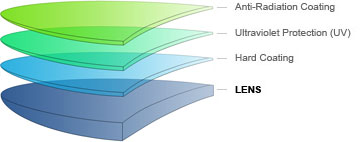 | Hard coating forms a permanent bond with the surface of the lens that prevents heavy scratches from occurring on the surface of the lens. |
| UV coating blocks up to 99% of rays up to 400nm protecting the eyes from radiation while not interfering with visible light. |  |
 | High-vacuum electron beam evaporation, to effectively prevent the radiation of electromagnetic radiation and electrostatic damage to the glasses. |
HYDROPHOBIC (HMC)
 | Hydrophobic coating keeps snow, water and fog at bay and your lenses clean. |
UV coating blocks up to 99% of rays up to 400nm protecting the eyes from radiation while not interfering with visible light. |  High-vacuum electron beam evaporation, to effectively prevent the radiation of electromagnetic radiation and electrostatic damage to the glasses. |
Anti-Reflective (AR) coating improves the transmittance of light, reduces reflection from lenses, and eliminates stray lights. It is highly recommended for a clear night time vision. |  A layer of coating that prevents scratches from occurring on the surfaces of lenses from daily use. |
Hard coating forms a permanent bond with the surface of the lens that prevents heavy scratches from occurring on the surface of the lens. |
POLARIZED
 | Polarized lenses contain a laminated filter that allows only vertically oriented light to pass through. |
Anti-Reflective (AR) coating improves the transmittance of light, reduces reflection from lenses, and eliminates stray lights. It is highly recommended for a clear night time vision. |  High-vacuum electron beam evaporation, to effectively prevent the radiation of electromagnetic radiation and electrostatic damage to the glasses. |
UV coating blocks up to 99% of rays up to 400nm protecting the eyes from radiation while not interfering with visible light. |  A layer of coating that prevents scratches from occurring on the surfaces of lenses from daily use. |
Hard coating forms a permanent bond with the surface of the lens that prevents heavy scratches from occurring on the surface of the lens. |
PHOTOCHROMIC
 | Photochromic lenses are lenses that darken on exposure to specific types of light, most commonly ultraviolet (UV) radiation. |
Anti-Reflective (AR) coating improves the transmittance of light, reduces reflection from lenses, and eliminates stray lights. It is highly recommended for a clear night time vision. |  High-vacuum electron beam evaporation, to effectively prevent the radiation of electromagnetic radiation and electrostatic damage to the glasses. |
UV coating blocks up to 99% of rays up to 400nm protecting the eyes from radiation while not interfering with visible light. |  A layer of coating that prevents scratches from occurring on the surfaces of lenses from daily use. |
Hard coating forms a permanent bond with the surface of the lens that prevents heavy scratches from occurring on the surface of the lens. |
COMPUTER
 | To protect your eyes against the damaging effects of blue light from LED monitors or Television. |
Anti-Reflective (AR) coating improves the transmittance of light, reduces reflection from lenses, and eliminates stray lights. It is highly recommended for a clear night time vision. |  High-vacuum electron beam evaporation, to effectively prevent the radiation of electromagnetic radiation and electrostatic damage to the glasses. |
UV coating blocks up to 99% of rays up to 400nm protecting the eyes from radiation while not interfering with visible light. |  A layer of coating that prevents scratches from occurring on the surfaces of lenses from daily use. |
Hard coating forms a permanent bond with the surface of the lens that prevents heavy scratches from occurring on the surface of the lens. |
sunhelp
STANDARD

Standard Lens
Plastic lens Light weight Hard Coated Exquisite Glasses Case Microfiber Cleaning Cloth
₨0
SELECTED- SELECTED
POLARIZED

Premium coatings bundle
PolarizedWater Resistant CoatingAnti-reflectiveAnti-radiation CoatingUltraviolet Protection (UV)Hard CoatingOleophobic ResistantScratch Resistant
₨5000
SELECTEDPHOTOCHROMIC

Premium coatings
PhotochromicAnti-reflectiveAnti-radiation CoatingUltraviolet Protection (UV)Hard CoatingOleophobic ResistantScratch Resistant
₨2350
SELECTEDCOMPUTER LENS

Anti Blue light lens
Anti-Blue LightAnti-reflectiveHydrophobic Coating (HMC)Anti-radiation CoatingUltraviolet Protection (UV)Hard CoatingOleophobic ResistantScratch ResistantAnti-PC Radiation
₨1350
SELECTED- SELECTED
















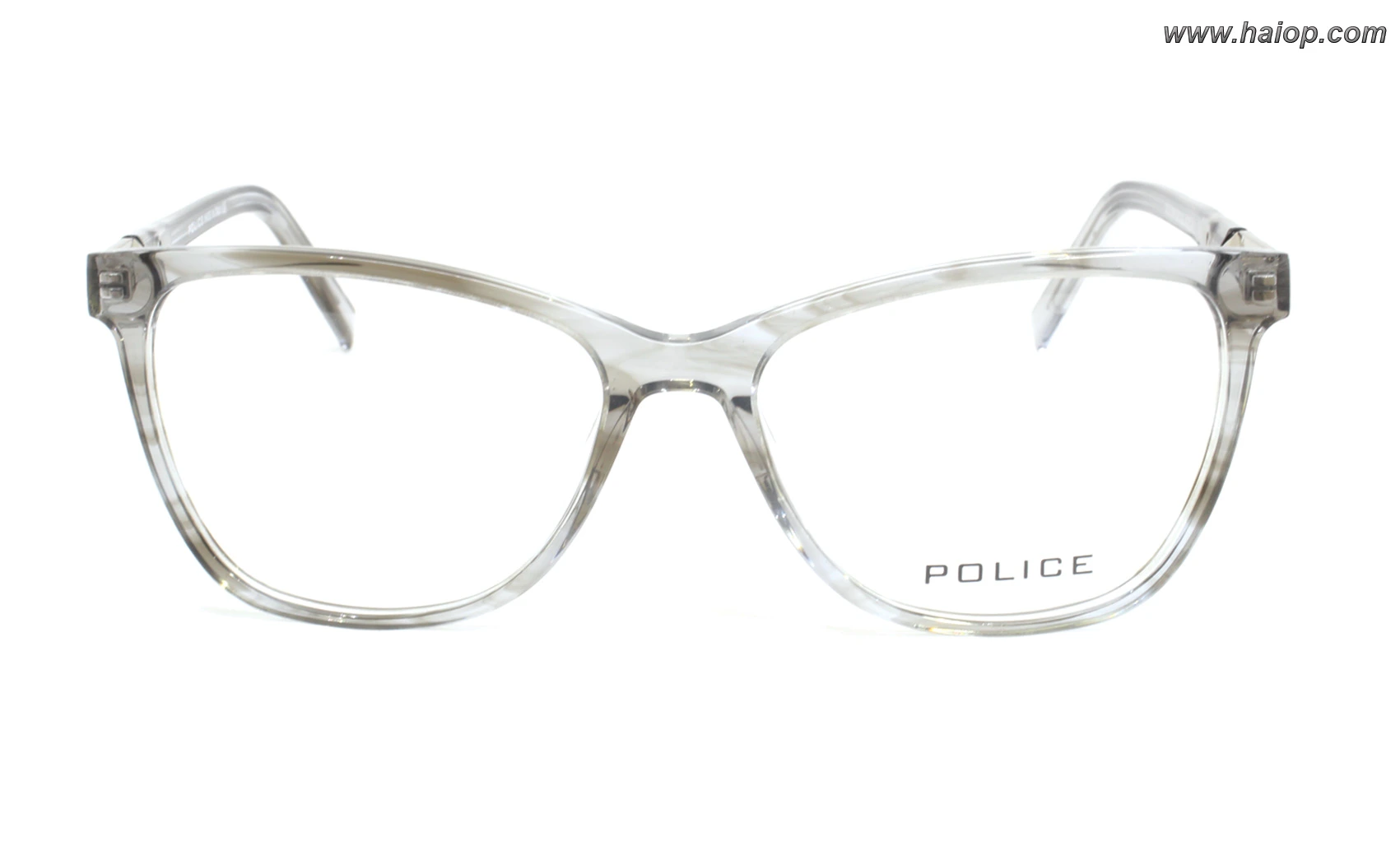
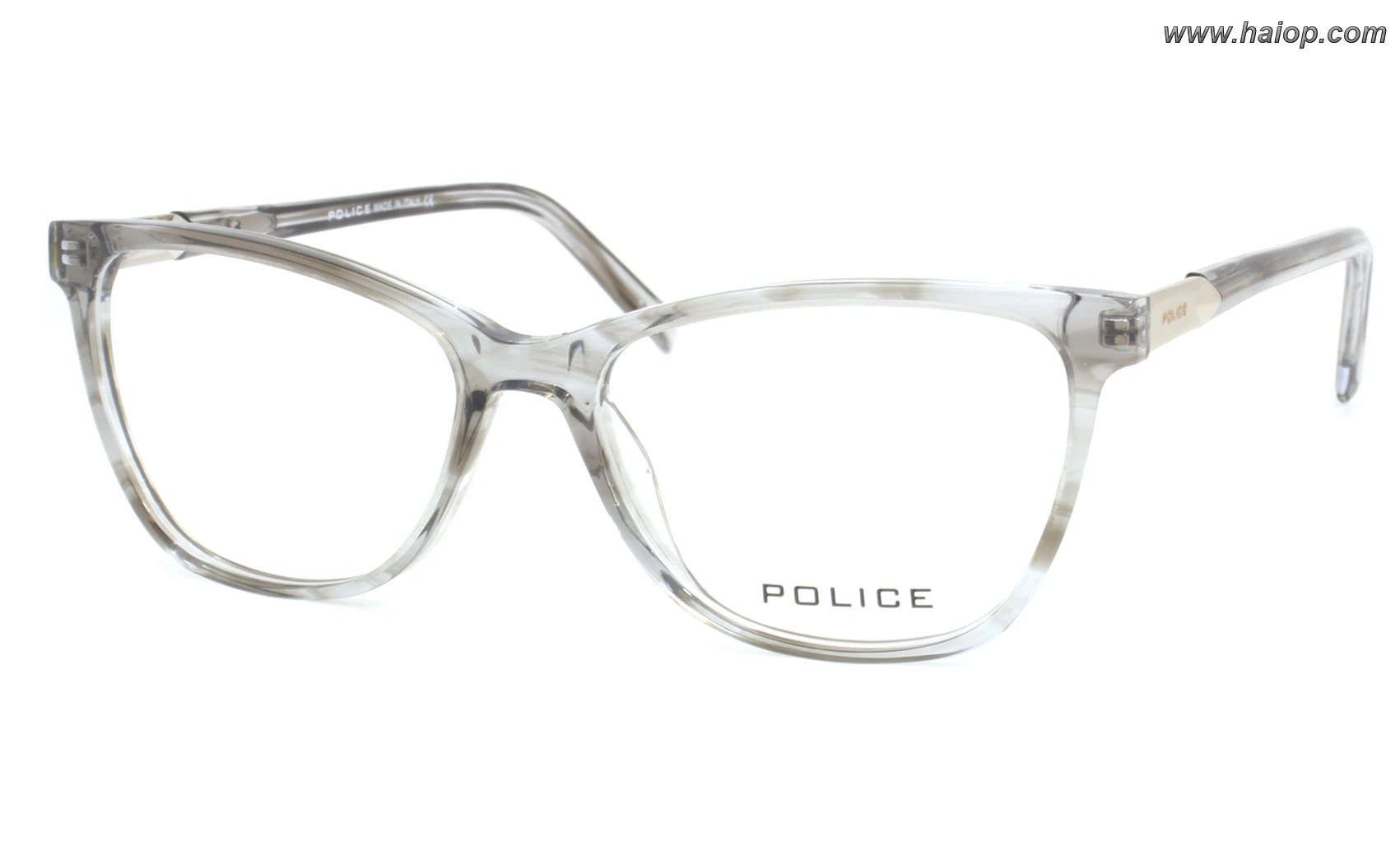
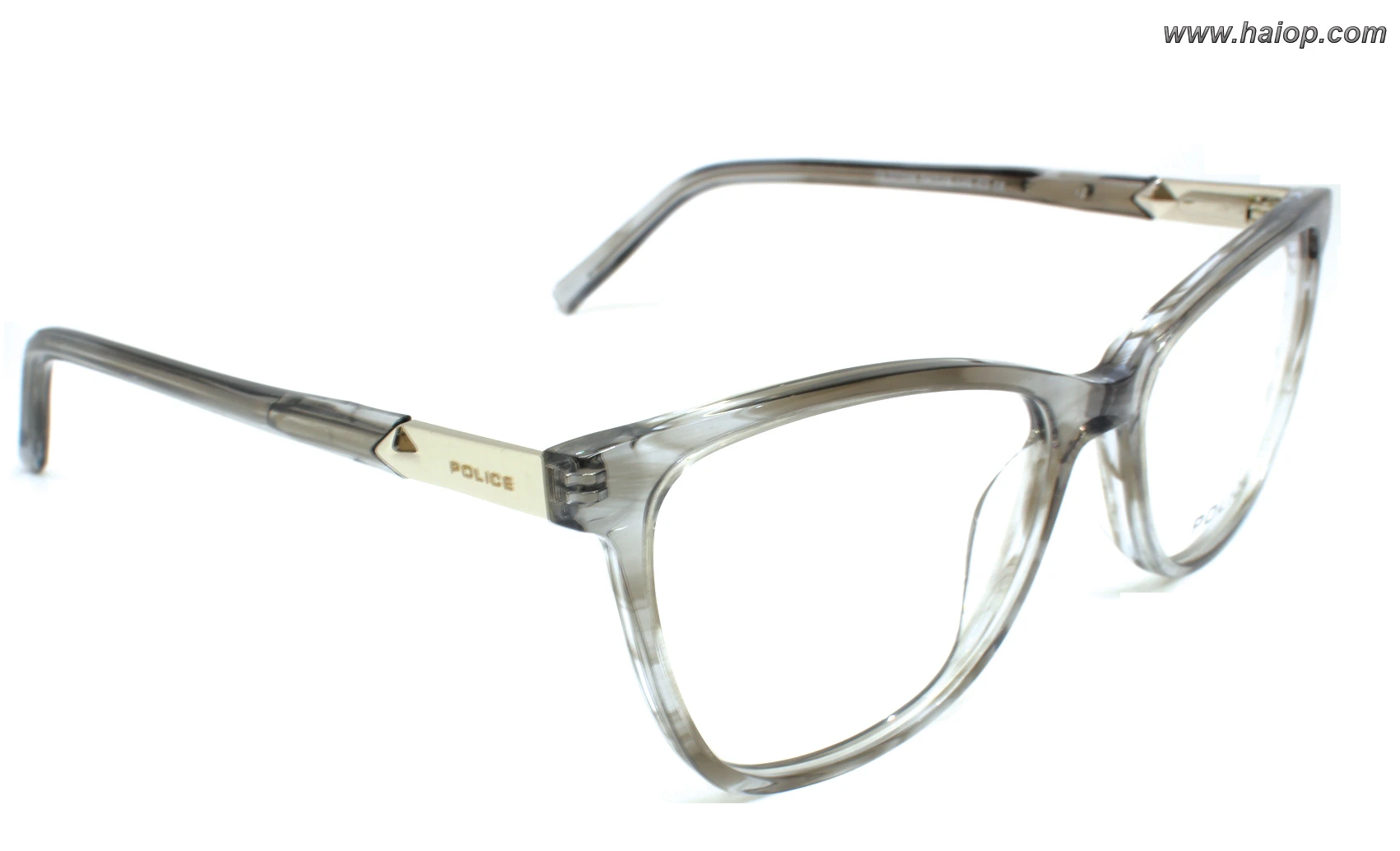
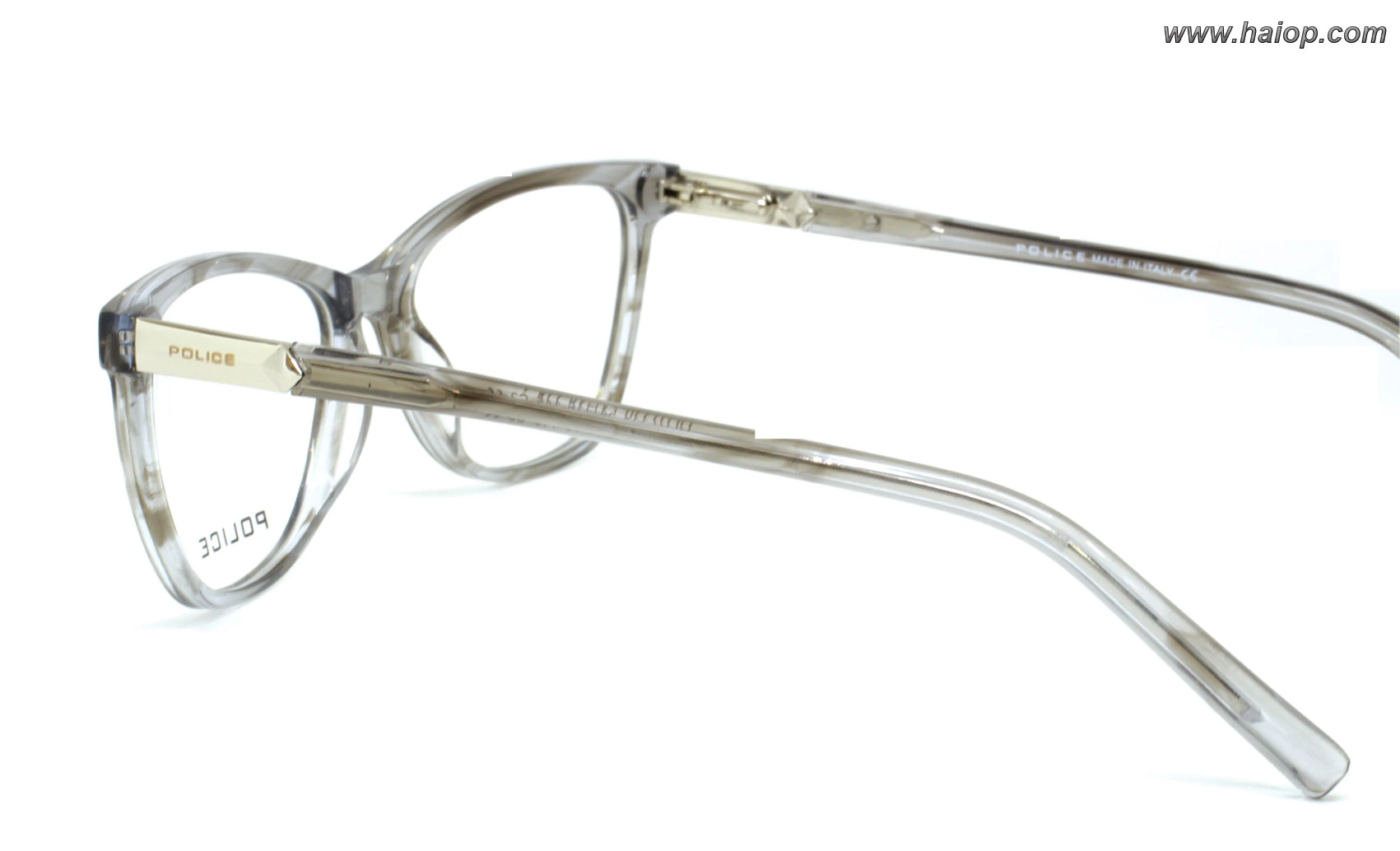
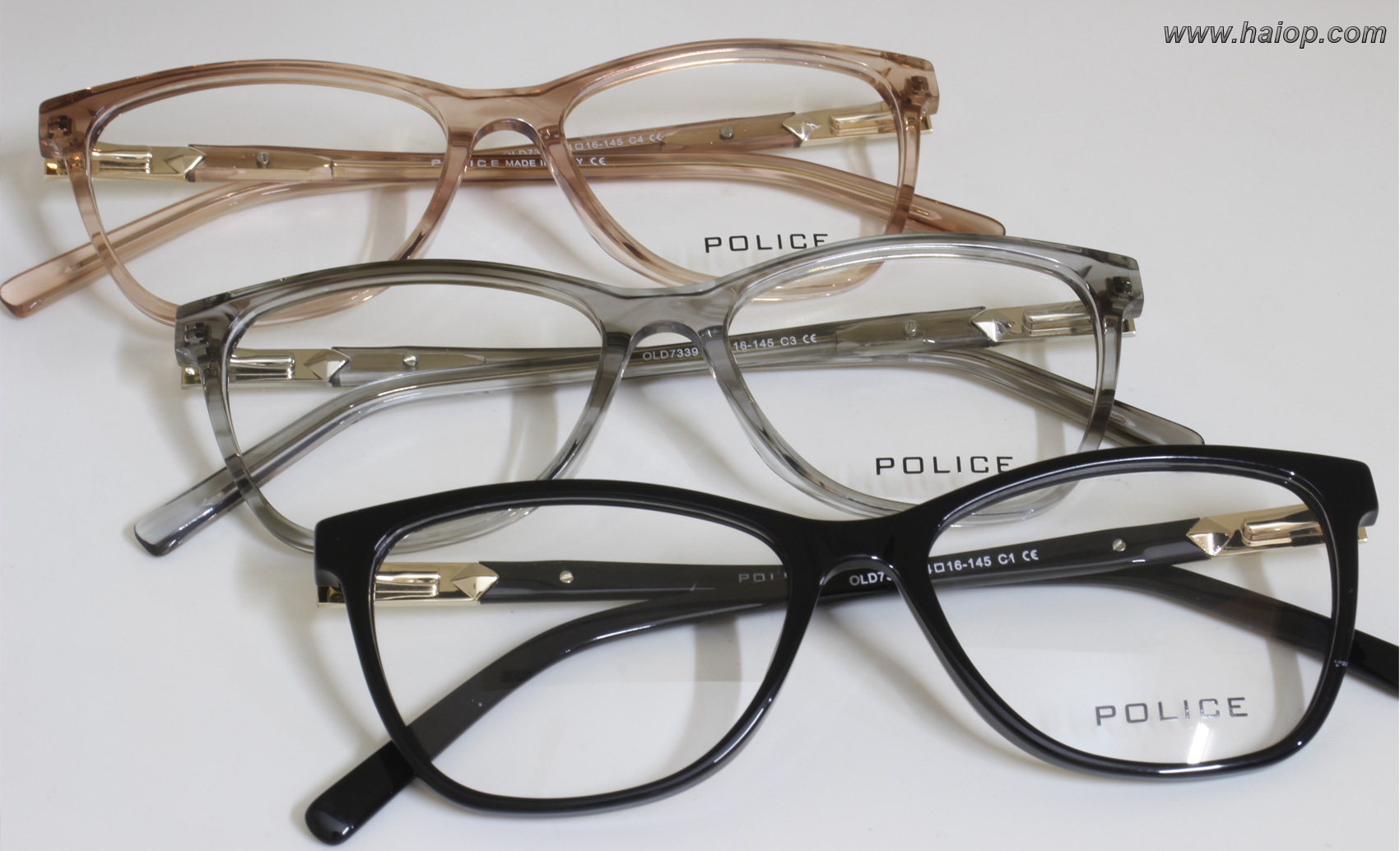





















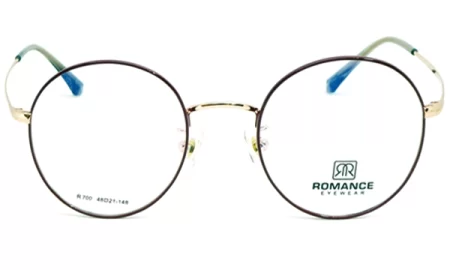
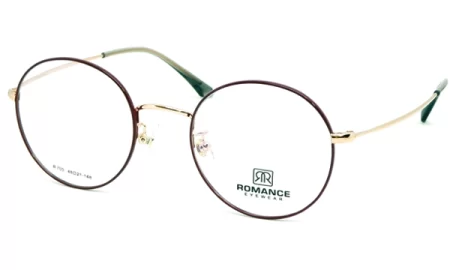
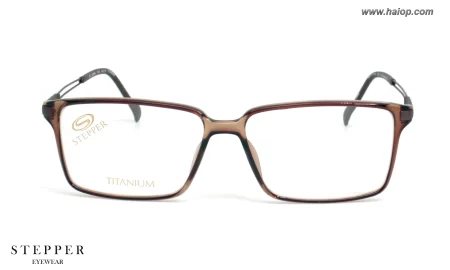
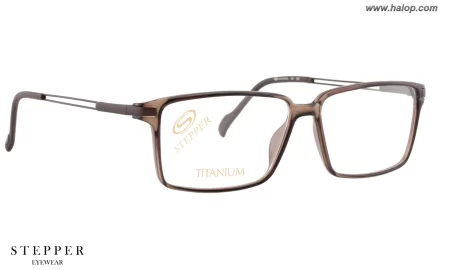
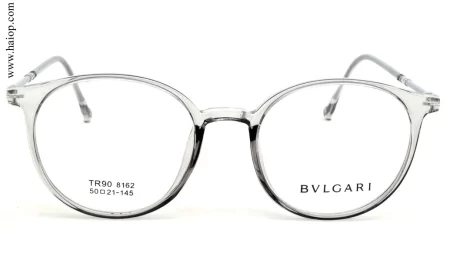
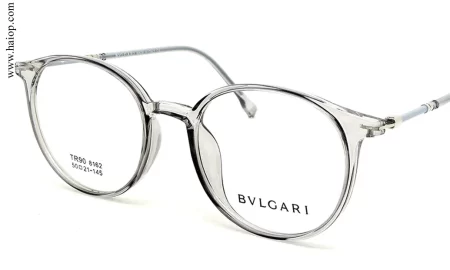
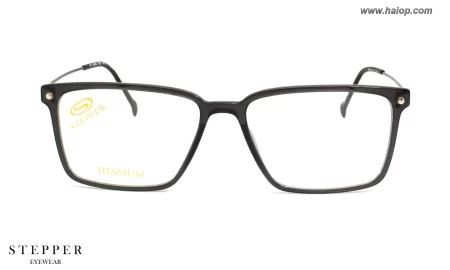
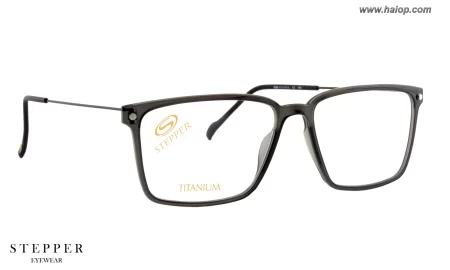
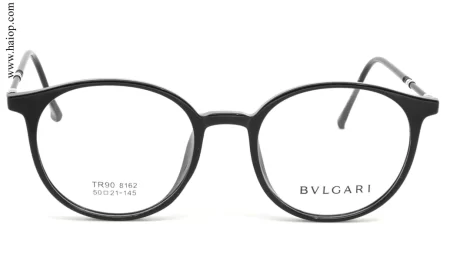
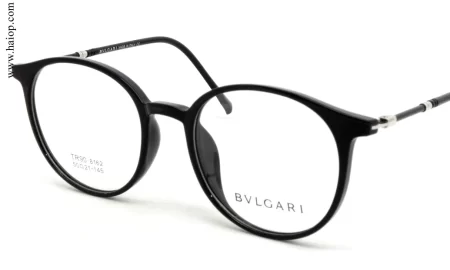
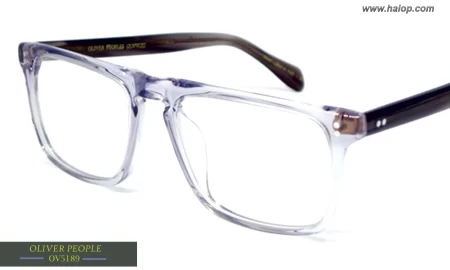
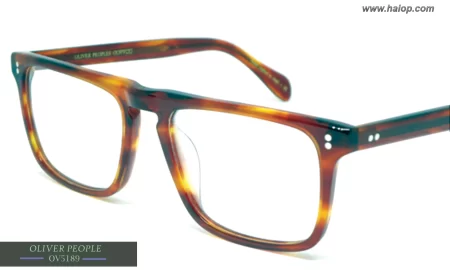
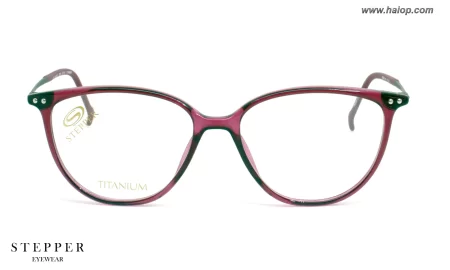
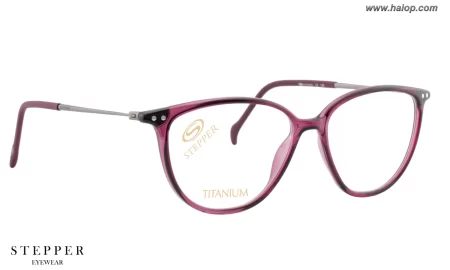
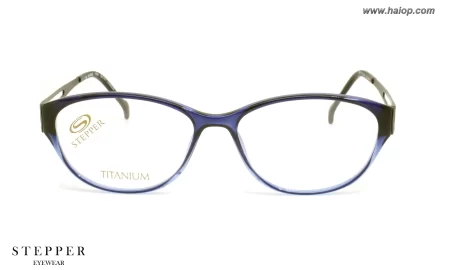
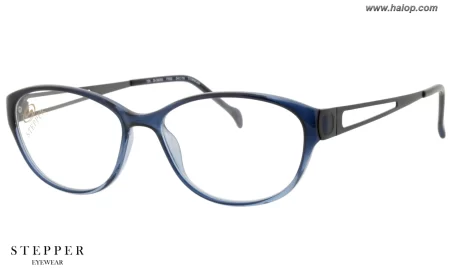
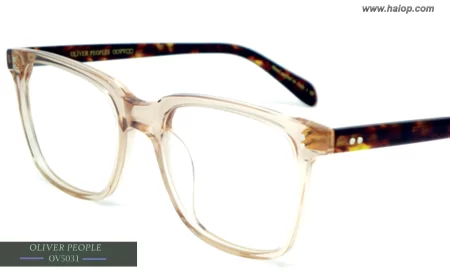
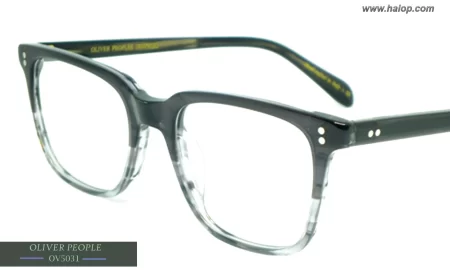


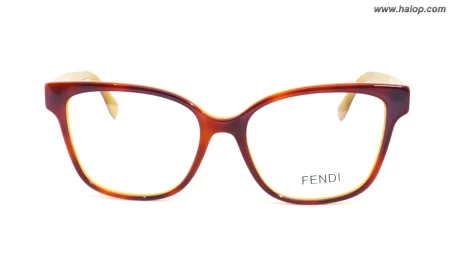
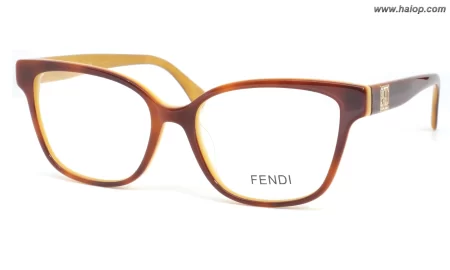
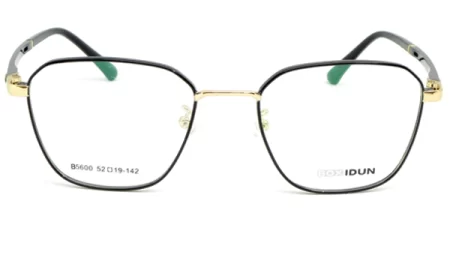
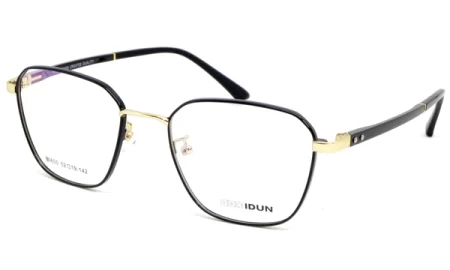
Reviews
There are no reviews yet.